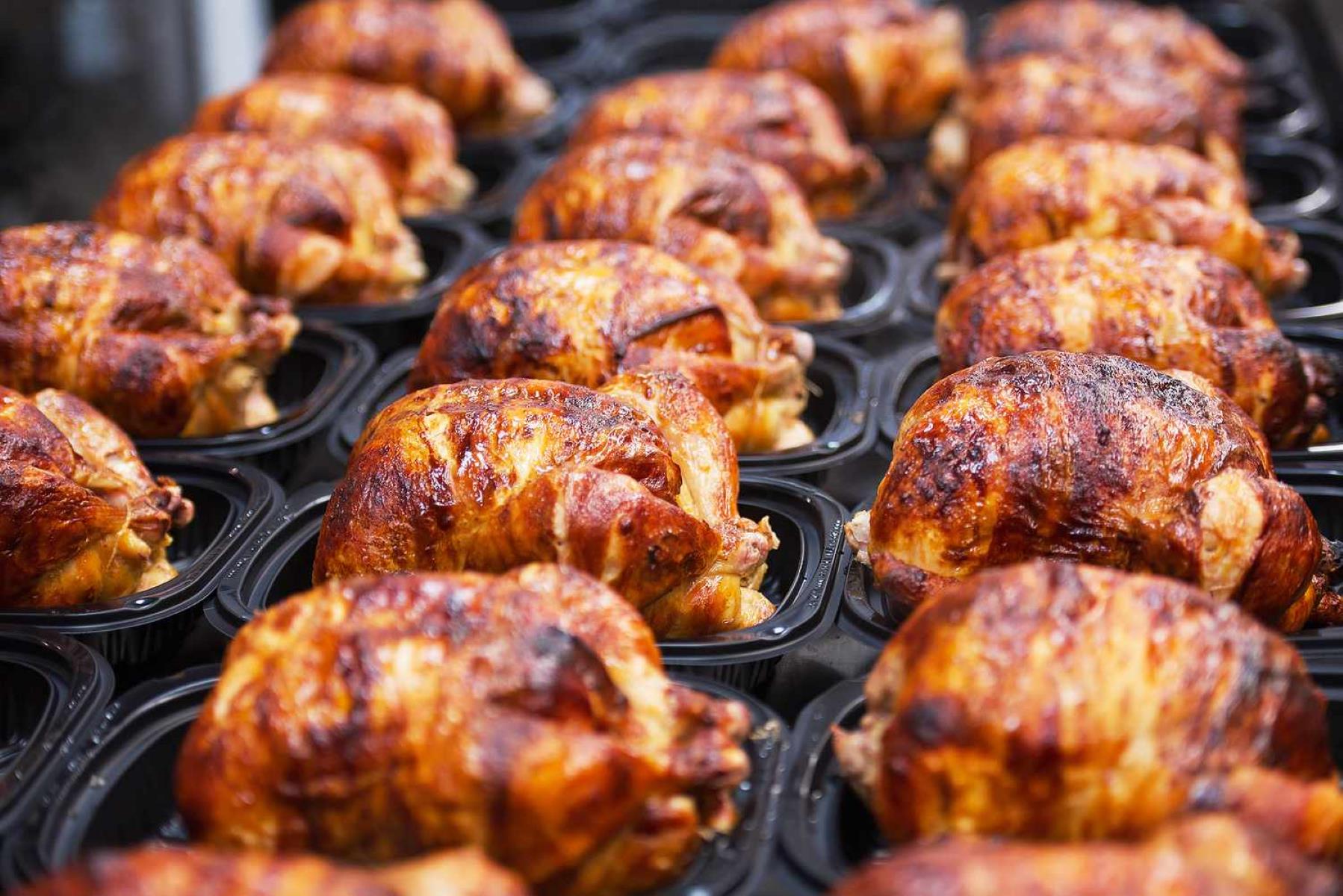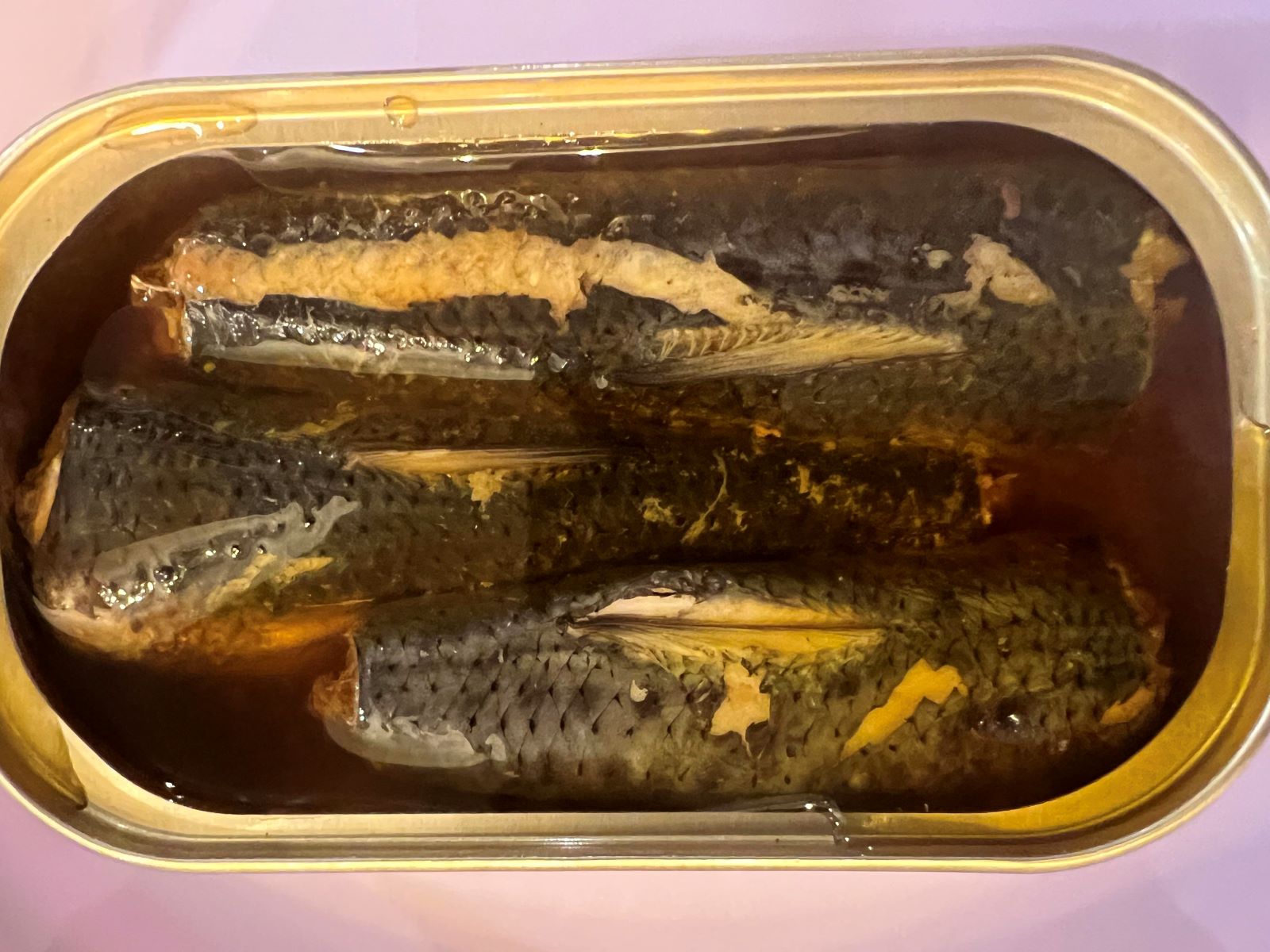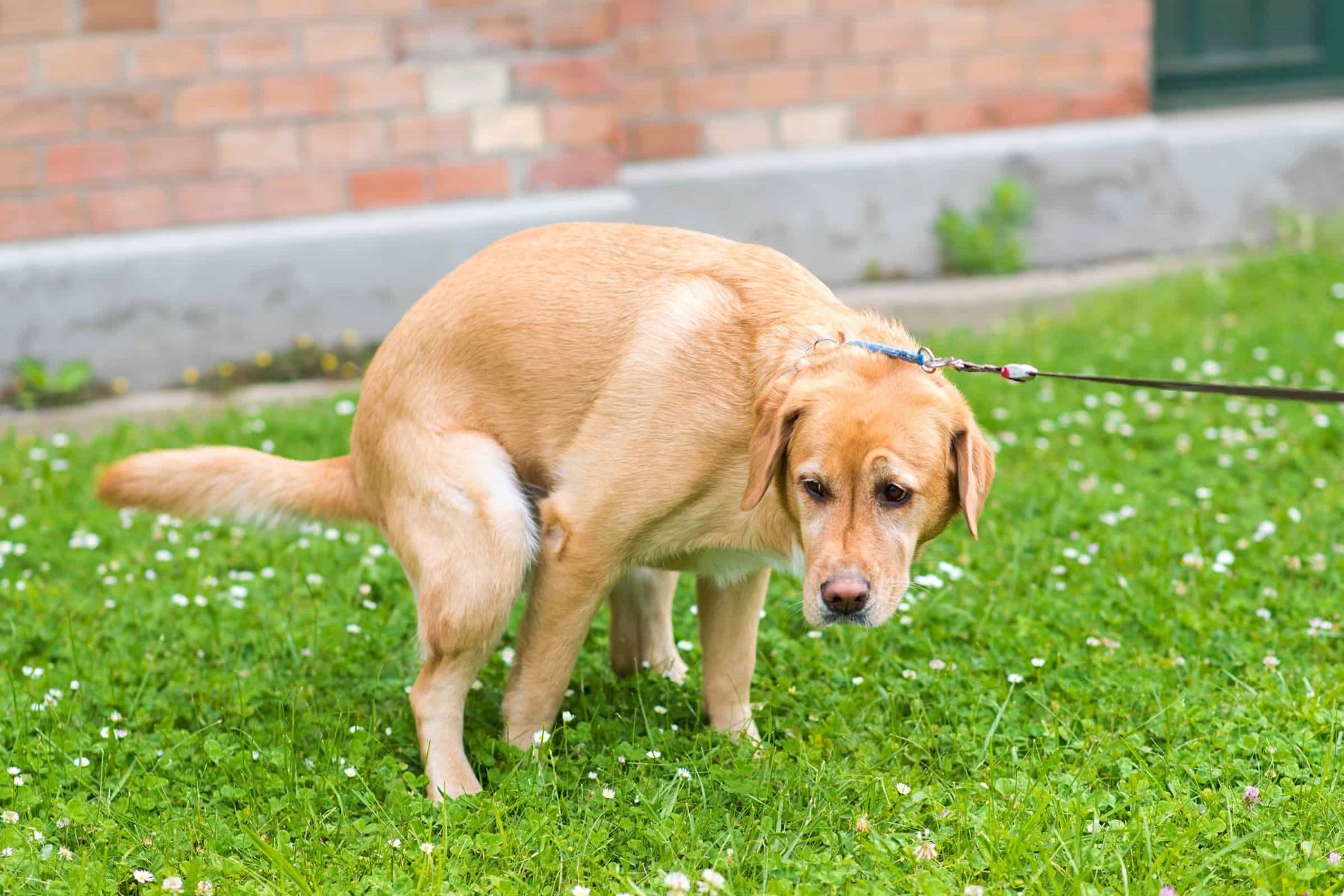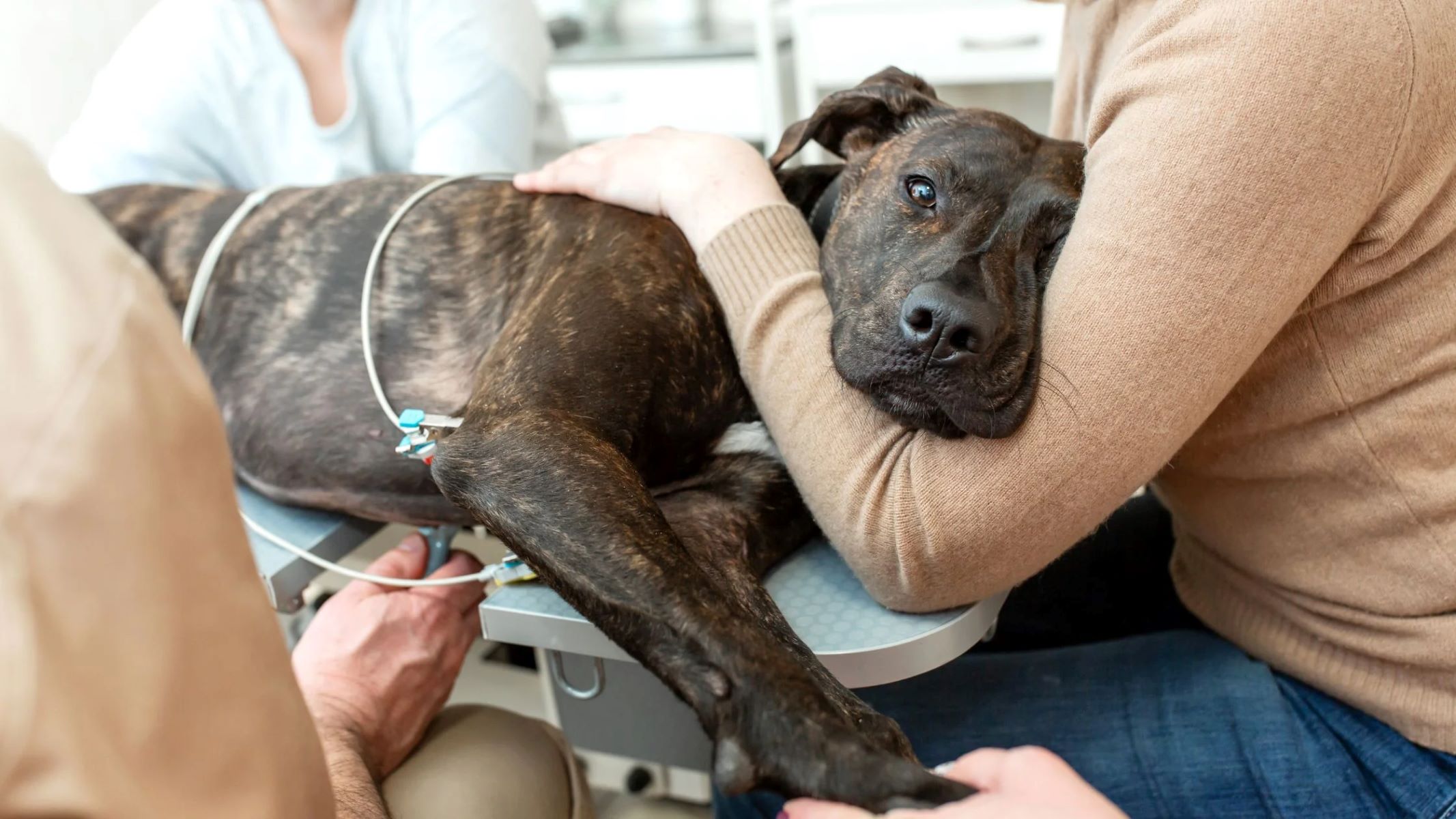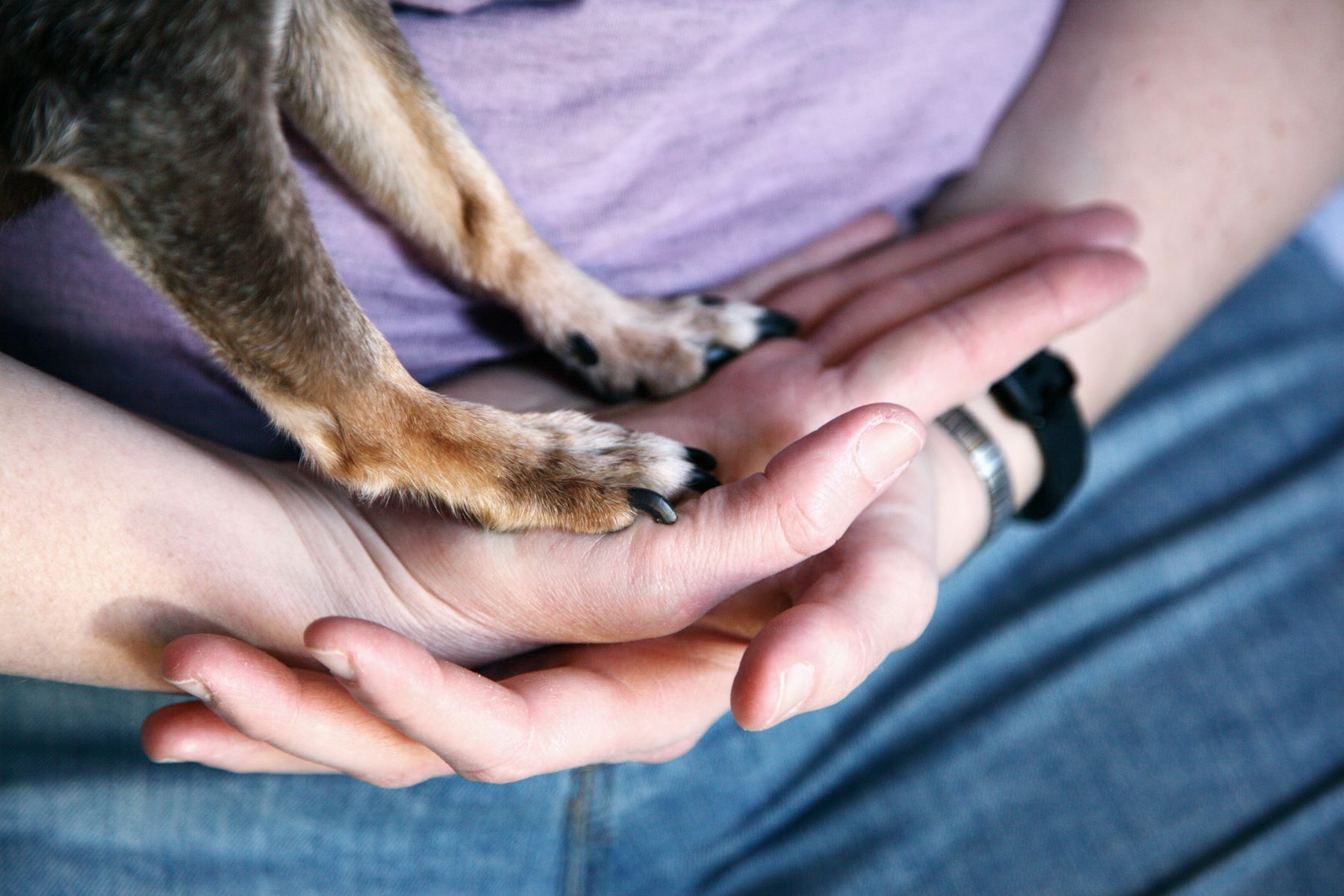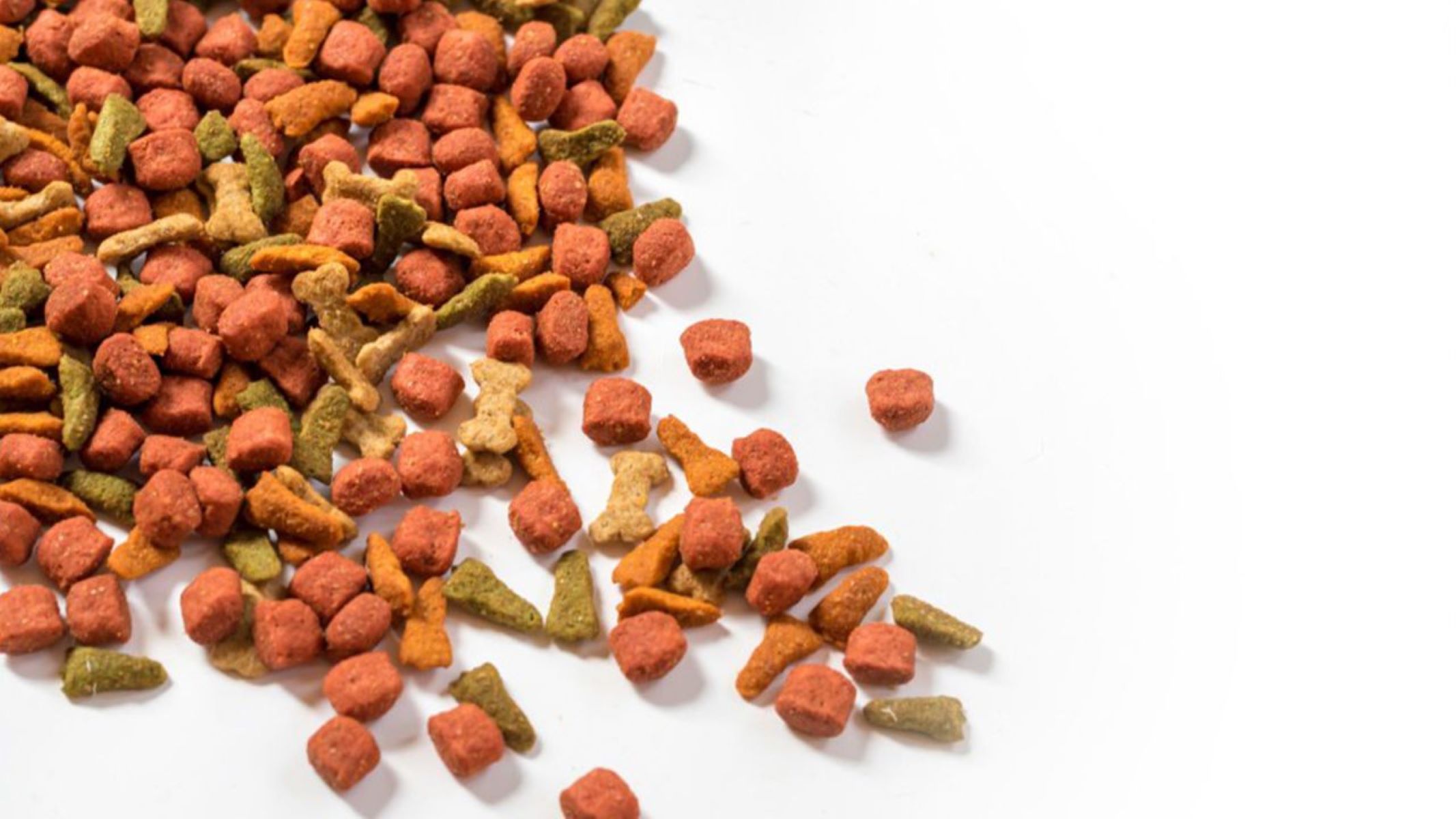Home>Health and Wellness>The Surprising Truth About Feeding Dogs Marshmallows


Health and Wellness
The Surprising Truth About Feeding Dogs Marshmallows
Published: January 25, 2024
Discover the surprising truth about feeding marshmallows to dogs and how it impacts their health and wellness. Learn about the potential risks and alternatives.
(Many of the links in this article redirect to a specific reviewed product. Your purchase of these products through affiliate links helps to generate commission for Regretless.com, at no extra cost. Learn more)
Table of Contents
Introduction
When it comes to our furry companions, we often find ourselves pondering over what they can and cannot eat. While we may be tempted to share our favorite snacks with them, it's crucial to remember that not all human foods are safe for dogs. In this regard, one common question that arises is whether dogs can eat marshmallows.
The idea of treating your dog to a sweet, fluffy marshmallow might seem harmless and endearing. After all, who can resist those pleading eyes and wagging tails? However, the truth about feeding dogs marshmallows may come as a surprise to many pet owners. It's important to delve into this matter to ensure the well-being of our beloved canine companions.
In this article, we will explore the potential risks associated with feeding dogs marshmallows and provide insights into safer treat alternatives. Understanding the implications of sharing certain human foods with our pets is crucial for responsible pet ownership. So, let's embark on this enlightening journey to uncover the surprising truth about feeding dogs marshmallows.
Can Dogs Eat Marshmallows?
Marshmallows are a popular treat enjoyed by many, but can our canine companions partake in this sugary delight? The answer is not as straightforward as one might think. While marshmallows are not inherently toxic to dogs, they are not recommended as a regular part of their diet. The main concern lies in the ingredients and nutritional value of marshmallows.
Firstly, marshmallows contain high amounts of sugar and are often loaded with artificial sweeteners. Excessive sugar consumption can lead to obesity, dental issues, and an increased risk of diabetes in dogs. Moreover, certain sweeteners like xylitol, commonly found in sugar-free marshmallows, are highly toxic to dogs and can cause severe health complications.
Furthermore, the fluffy texture of marshmallows poses a choking hazard, especially for smaller breeds. Dogs may not fully chew their food, leading to the risk of choking or gastrointestinal blockages. Additionally, the high sugar and calorie content in marshmallows can contribute to digestive upset and nutritional imbalances in dogs.
It's important to note that every dog's tolerance to different foods varies. While some dogs may consume a small amount of marshmallow without immediate adverse effects, it's crucial to consider the long-term impact on their health. Responsible pet owners should prioritize providing their dogs with nutritionally balanced diets and safe, dog-friendly treats.
In essence, while dogs can technically eat marshmallows, it's best to err on the side of caution and avoid offering them this sugary confection. Instead, opting for healthier, dog-specific treats will not only satisfy their cravings but also contribute to their overall well-being. Understanding the potential risks associated with feeding dogs certain human foods is an essential aspect of responsible pet care.
The Dangers of Feeding Dogs Marshmallows
Feeding dogs marshmallows can pose several risks to their health and well-being. While these fluffy treats may seem harmless, it's crucial to be aware of the potential dangers associated with sharing them with our canine companions. Understanding these risks is fundamental in safeguarding the health of our beloved pets.
1. Sugar Overload
Marshmallows are packed with sugar, which can lead to a host of health issues for dogs. Excessive sugar consumption can contribute to obesity, dental problems, and an increased risk of diabetes. Just like in humans, a diet high in sugar can have detrimental effects on a dog's overall health. It's essential to monitor and control their sugar intake to prevent these adverse consequences.
2. Choking Hazard
The soft, airy texture of marshmallows may seem harmless, but it can pose a significant choking hazard, especially for smaller dog breeds. Dogs may not thoroughly chew their food, increasing the risk of choking or even more severe consequences such as airway obstruction. This risk is further amplified if dogs consume large pieces of marshmallows or multiple marshmallows at once.
3. Gastrointestinal Issues
Consuming marshmallows can lead to digestive problems in dogs. The high sugar content and artificial additives in marshmallows can disrupt their digestive system, leading to diarrhea, vomiting, and discomfort. Additionally, the lack of nutritional value in marshmallows can contribute to imbalances in a dog's diet, potentially impacting their overall health and well-being.
4. Xylitol Toxicity
One of the most concerning dangers of feeding dogs marshmallows is the potential presence of xylitol, a common artificial sweetener. Xylitol is highly toxic to dogs and can lead to severe complications such as hypoglycemia, liver failure, and even death. It's crucial for pet owners to be vigilant and check the ingredients of marshmallows, especially those labeled as sugar-free, to ensure the absence of xylitol.
In light of these dangers, it becomes evident that feeding dogs marshmallows can have serious implications for their health. Responsible pet ownership involves being mindful of the foods we share with our dogs and prioritizing their well-being above momentary indulgences. By understanding and addressing these potential risks, we can ensure that our furry friends lead healthy and fulfilling lives.
Remember, while the image of a dog eagerly accepting a marshmallow may seem endearing, it's essential to prioritize their long-term health and safety by opting for healthier, dog-friendly treats.
What to Do If Your Dog Eats Marshmallows
Discovering that your dog has consumed marshmallows can be a cause for concern, especially considering the potential risks associated with this sweet treat. In such a situation, it's essential to take prompt and appropriate action to safeguard your dog's health and well-being.
1. Assess the Quantity Consumed
The first step is to determine the amount of marshmallows ingested by your dog. If only a small portion was consumed, the immediate risk may be lower. However, if a significant quantity was consumed, or if the marshmallows contained xylitol, a swift response is crucial.
2. Monitor for Symptoms
Keep a close eye on your dog for any signs of distress or abnormal behavior. Symptoms of concern may include vomiting, diarrhea, excessive thirst, lethargy, disorientation, or seizures. If you observe any of these symptoms, contact your veterinarian immediately.
3. Contact Your Veterinarian
It's important to seek professional guidance by contacting your veterinarian or an emergency animal poison control hotline. Provide them with details regarding the type of marshmallows consumed, the quantity, and your dog's current condition. This information will assist the veterinarian in determining the appropriate course of action.
4. Induce Vomiting (If Advised)
In some cases, your veterinarian may recommend inducing vomiting to expel the marshmallows from your dog's system. However, this should only be done under the guidance of a professional to ensure it is safe and appropriate for your dog's specific situation.
5. Follow Veterinary Advice
Upon contacting your veterinarian, follow their advice diligently. They may recommend bringing your dog in for a thorough examination or provide specific instructions for monitoring their condition at home. Adhering to their guidance is crucial in ensuring the best possible outcome for your dog.
6. Prevention for the Future
In the aftermath of this incident, take proactive measures to prevent similar occurrences in the future. Safeguard all human foods, including marshmallows, from your dog's reach and educate family members and visitors about the importance of not feeding inappropriate foods to your dog.
7. Consider Safe Treat Alternatives
Explore safe and dog-friendly treat alternatives that offer both enjoyment and nutritional benefits for your dog. Opting for treats specifically designed for canine consumption ensures that your dog receives the delight of snacking without compromising their health.
In summary, if your dog consumes marshmallows, swift and informed action is crucial. By assessing the situation, seeking professional guidance, and prioritizing your dog's well-being, you can navigate this challenging scenario with care and responsibility. Remember, the safety and health of your beloved pet are paramount, and being prepared to address such incidents is an integral part of responsible pet ownership.
Safe Treat Alternatives for Dogs
Exploring safe and enticing treat alternatives for dogs is an essential aspect of responsible pet care. By offering thoughtfully chosen treats, pet owners can provide their canine companions with enjoyable snacking experiences while prioritizing their health and well-being.
1. Fruits and Vegetables
Incorporating fruits and vegetables into your dog's treat repertoire can offer a delightful and nutritious alternative to traditional store-bought treats. Options such as apple slices, carrots, and blueberries not only provide a satisfying crunch but also supply essential vitamins and minerals. However, it's important to research which fruits and vegetables are safe for dogs, as some may be harmful.
2. Frozen Treats
During warmer months, frozen treats can be a refreshing and enjoyable option for dogs. Creating homemade frozen treats using ingredients such as plain yogurt, pureed fruits, or even a small amount of peanut butter can provide a cooling indulgence for your furry friend. Frozen treats can also be beneficial for teething puppies, offering relief while satisfying their urge to chew.
3. Commercial Dog Treats
Opting for high-quality, commercially available dog treats ensures that your pet enjoys safe and nutritionally balanced snacks. When selecting commercial treats, look for products made from wholesome ingredients, free from artificial additives and excessive fillers. Additionally, consider treats designed to promote dental health, providing both a rewarding snack and oral care benefits for your dog.
4. Homemade Treats
Preparing homemade treats for your dog allows you to control the ingredients and tailor the snacks to your pet's preferences. Simple recipes using dog-friendly ingredients such as oats, lean meats, and vegetables can be an excellent way to offer your dog a personalized and wholesome snacking experience. Moreover, homemade treats can foster a deeper bond between pet and owner through the act of preparation and sharing.
5. Interactive Treat Toys
Introducing interactive treat-dispensing toys can transform treat time into an engaging and mentally stimulating activity for dogs. These toys, designed to hold and dispense treats as dogs interact with them, provide both physical and mental enrichment. They encourage problem-solving skills and offer a rewarding experience as dogs work to retrieve the hidden treats.
By incorporating these safe and appealing treat alternatives into your dog's routine, you can ensure that their snacking experiences are not only enjoyable but also contribute to their overall health and happiness. Prioritizing safe and nutritious treats reflects a commitment to responsible pet ownership, nurturing a strong and fulfilling bond between you and your beloved canine companion.

